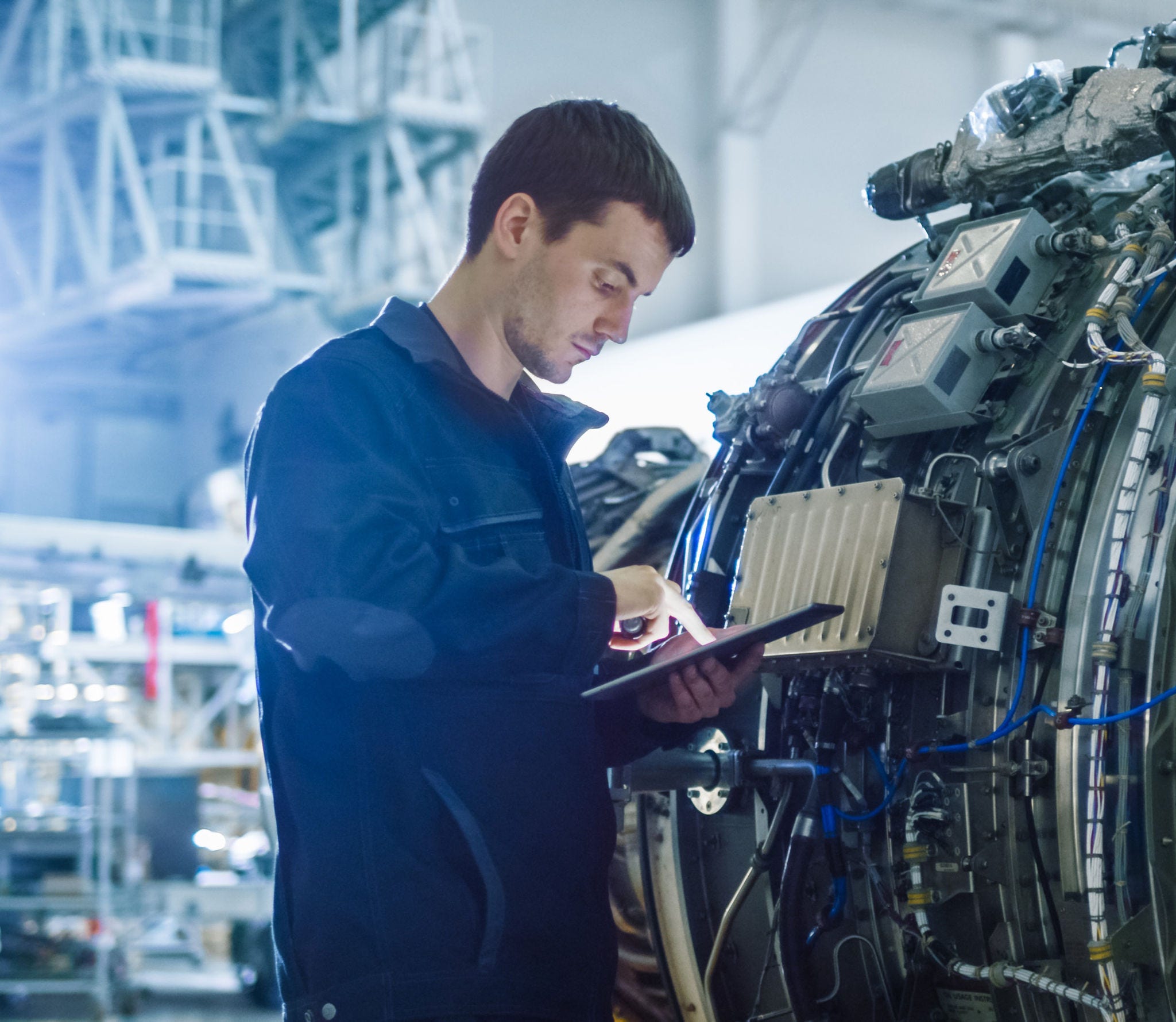Leasing companies
One of the major stakeholders standing at the crossroads of technology and sustainability in aviation is the aircraft leasing community. Their significant share in the global aviation fleet (the leasing community effectively owns more than half the global commercial fleet) means they shouldn’t just observe these technological changes — they have an opportunity to influence and drive the economic case for aircraft circularity.
With their financial backers, they influence the sustainability practices of the entire aviation ecosystem. Thus far, much of their attention is on applying an ESG lens internally, and for some, looking at a possible role in Sustainable Aviation Fuels or new, small electric aircraft. However, that influence could soon be brought to bear on what airlines and MRO do regarding the circular economy.
There is an increasing awareness in the leasing community about the significant role of circularity in enhancing the industry’s ESG efforts. This is evident with Aircraft Leasing Ireland20, probably the largest industry body for the leasing industry, which has launched a Sustainability Charter to streamline industry reporting and set goals; one of its charter commitments is to promote circularity in the aviation industry, while another is a commitment to publish ESG disclosures and to lead by example in order to hold the industry to account.
Furthermore, larger leasing companies, such as AerCap and Air Lease Corporation publish annual ESG reports.21 While the focus of these reports today is more so on decarbonization, involvement in the circular economy will need to come into sharper focus to give a more holistic and transparent view of the lessors’ ESG exposure.
Avolon, a leasing company, demonstrates the potential to increase lessors’ influence on airlines’ sustainability reporting teams by raising an intriguing question: Could airlines with higher environmental scores enjoy benefits like lower leasing rates?22
Raising perspectives like this could be a game-changer in steering the entire industry toward more sustainable practices.
What would be required to bring circularity to the fore of discussions about sustainability in aviation? Lessors, while diverse in their current reporting methods, are on the brink of more standard approaches.
In the European Union (EU), the launch of the Corporate Sustainability Reporting Directive (CSRD) in 2023 is setting a new bar for transparency, mandating companies to disclose their environmental and societal impacts. Pioneering lessors should aim to go beyond a mandatory reporting approach to incorporate more voluntary reporting; and airlines being able to document circular economy participation could be an attractive proposition for lessors.
As technology aids in efficient and high-quality data collection, ensuring data integrity and accuracy becomes indispensable. Firms keen on genuine progress in ESG will have to prioritize this. And with data platforms being developed by players in the disassembly and dismantling space, lessors and airlines can better track and highlight their circularity efforts.








